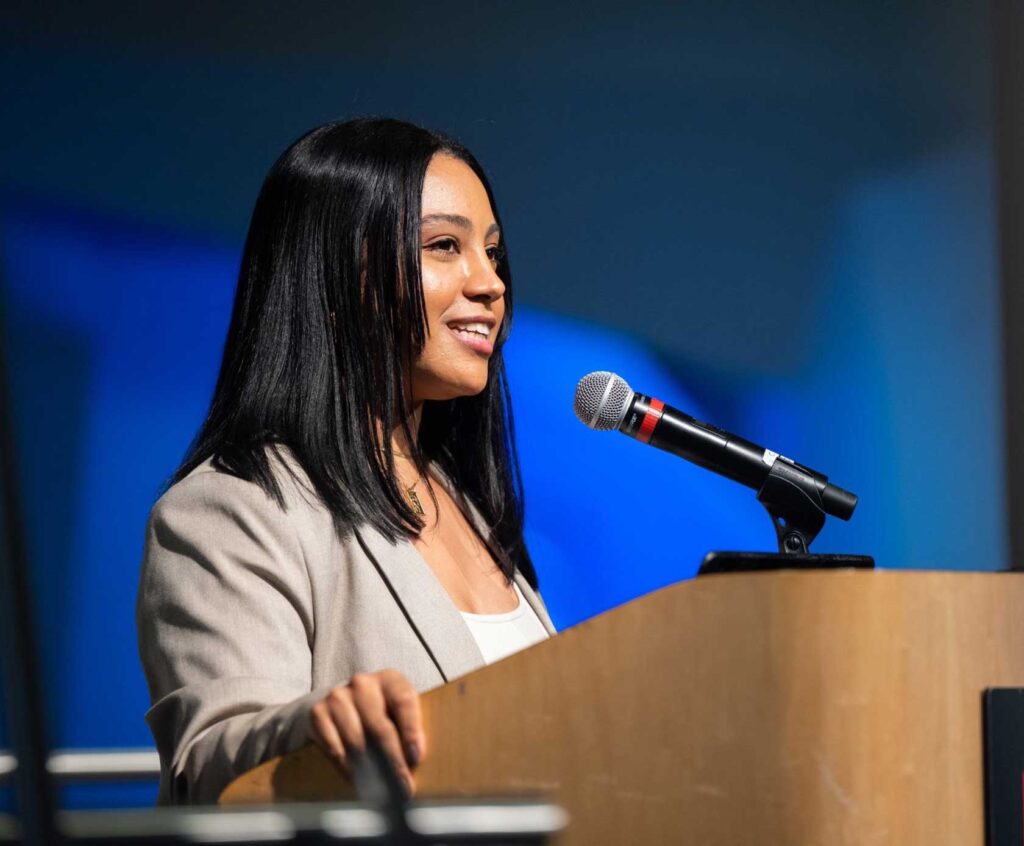Diversity ‘backsliding’ in Boston tech sector
DEI, human resources, sales, IT positions more vulnerable to layoffs

David Delmar Sentíes is fed up. The Jamaica Plain resident has labored for years so that tech companies would have every opportunity to diversify their workforces. He founded Resilient Coders in 2014 to train minority software engineers for lucrative careers in the major growth industry.
After the murder of George Floyd and subsequent Black Lives Matter mobilization, technology companies large and small pledged to do better. They promised to hire workers from underrepresented populations, offering economic opportunity to those demanding justice. Many created positions to promote diversity, equity and inclusion for internal accountability.
But so far in 2023, tech companies have laid off about 153,000 workers. Anecdotally, recent hires — many of them of color, some working on diversity initiatives — are said to have received relatively more pink slips.
“We are, as an industry, backsliding in our pursuit of economic justice,” said Delmar Sentíes, a 39-year-old Latino.
For Pariss Chandler, corporate sincerity is at stake. Chandler built and leads Black Tech Pipeline, a newsletter and job resource in Boston. Corporate equity promises, to her, were performative.
Channeling C-suite conversations, Chandler said: “‘Why keep a DEI officer around when I can just keep — when I can just hire — this senior developer who is going to ship products fast and make us money quickly?’”
In addition to DEI and human resources positions hit by layoffs, Sentíes identified IT and sales positions as particularly vulnerable and subject to automation and offshoring.
Software engineering, he said, remains a relatively more secure career path.
Sentíes criticized degree requirements for hiring, which he said measure little more than the “dual privileges of time and money.”
Sentíes, Chandler and others are organizing a virtual summit on June 12 to hear from tech workers of color in Boston concerned about the suspected disproportionate impact of the layoffs.
“This is a cooperative exploration into how our city’s industries and our city’s people can work together in service to our city’s economic healing,” the organizers say on the summit’s website.
The session will be hosted by Sentíes’ new non-profit, Techonómica, with backing from The Boston Foundation’s SkillWorks initiative.
A representative of the Massachusetts Technology Leadership Council did not respond to a message seeking comment about layoffs and their racial-ethnic impact.
Amid rising interest rates, many large public companies have lowered revenue forecasts, particularly in the technology sector. For Chandler and Sentíes, this squeeze on payrolls shows that making a profit remains tech’s priority.
“Anything that they do that isn’t serving their ultimate goal of making the company more money, that is a hobby,” Sentíes said, noting that even cherished hobbies succumb to economic reality.
If the upcoming summit is successful, Sentíes envisions forming working groups to draft shared principles as a follow-up.
Down the road, he sees the need for a worker-led entity to serve as an industry watchdog in Massachusetts, perhaps as part of a national network.
Chandler said she hopes that Boston’s historic institutions, like the Boston NAACP and Urban League of Eastern Massachusetts, contribute to change in the industry. “They should be a part of it for sure,” she said.
Sentíes argued that equitable employment pledges should be secured to survive a downturn, akin to contractually guaranteed parental leave and health insurance. He described layoffs as providing publicly-traded companies with a “sugar high” in their stock prices from short-term cost reductions.
The “economic wellness of our city,” he said, should supersede the imperative of any individual company’s bottom line. The problem he sees is the consolidation of power in shareholder-appointed boards and the executives they’ve hired.
“Rare is the DEI team that has the institutional power to execute on their own mandate,” he said. Instead, critical decisions ultimately fall to executives’ discretion.
In his new book, “What we Build with Power: The Fight for Economic Justice in Tech,” Sentíes argues for a comprehensive economic transformation. Last month, he made the case to the Aspen Institute.
Over the last year, the Aspen Institute’s Tech Accountability Coalition has convened industry leaders for dialogues on tech’s diversity problem.
In March, the Coalition published an Equity Framework to standardize demographic data disclosed by technology companies. Its recommendations are far-reaching.
At its core, the framework adopts common terms for employee roles and requires participants to report data for new subcategories of demographics, rather than those traditionally gathered for the U.S. Equal Employment Opportunity Commission.
For example, Black or African American data would be broken into seven types of ethnicity, distinguishing African Americans from Afro-Latinos and West Africans, among others. Asian data will distinguish Southeast Asians from East Asians and South Asians.
Participating companies would report data for six genders, including nonbinary, gender nonconforming and two-spirit. Transgender and sexual orientation data would be collected separately.
In Chandler’s view, solving the problem requires more than voluntary disclosure of demographic data on company workforces. Apple, Microsoft, Google and Facebook started doing that in 2014. Wayfair, a Boston-based furniture sales platform, published similar reports in May 2021 and 2022.
“Honestly, I think the collecting of data is extremely important,” she said, “but that’s obviously still not enough.”
Sentíes agreed that more is required. He’s settled on the need for pressure tactics, saying, “You can’t have direct service without complementary direct action.”






